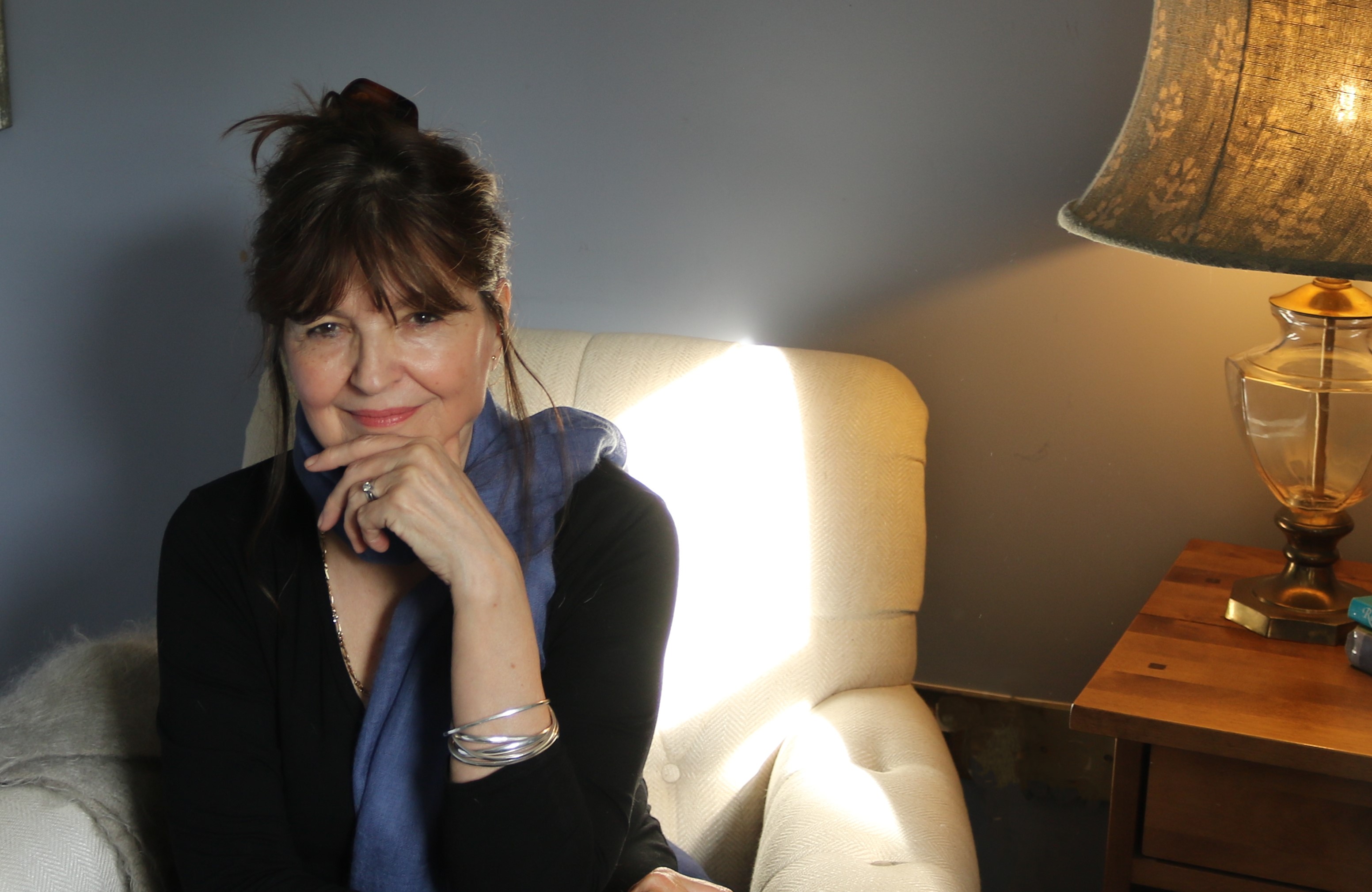Counselling & Personal Development Fees:
Fee details:
Face to face counselling, online, telephone
Individuals : Monday - Friday appointments:
Individual counselling, therapy and coaching sessions: £70.00 (one hour session)
Couples: £95.00 one hour, fifteen minute session
Individual personal development sessions: £70.00 (one hour session)
Supervision Sessions: Initial meeting to discuss supervision requirements foc.
Further information: Counselling:
The Initial Counselling Visit
I offer an initial consultation session where we can discuss and explore what has led you to contact me. The first session lasts one hour and 15 minutes. During this time, we will not only discuss what has brought you to therapy but what you may hope for. In addition, we can discuss any practical matters, such as frequency of sessions. The length of time people attend varies. Some people decide to come for a number of sessions as they have something specific to address. Others come to explore and discover for longer periods.
Following the first session you will have an idea of how we will work together. You may, following the initial consultation decide that therapy isn't for you at this time. There will be no obligation to continue.
Frequently asked questions about counselling & personal development:
How long is a counselling session?
I offer 1hr or 1.5hr sessions.
I offer face to face, on-line and telephone sessions.
Frequency of sessions can depend on what you would like to focus on. Usually I recommend weekly sessions, although some clients prefer to lengthen the session time, some decide to come twice a week or fortnightly. Counselling, therapy and coaching sessions are offered on a medium or long-term basis depending on your own individual needs.
The therapy process is fluid and I invite clients to share their thoughts throughout the counselling duration.
How will therapy sessions benefit me?
This is very much an individual experience. During therapy sessions your self awareness will increase and this will help you to understand not only your relationship with yourself but your relationship with others and your environment.
Greater self awareness can help you to see other perspectives, this may help you to make different choices that may be more aligned to your own values.
Personal Development:
I offer both individual & group sessions. Group work is experiential and can often accelerate personal learning.
Different Therapy Approaches (Source: UKCP )
Attachment-based
Attachment-based psychotherapy is a branch of relational psychoanalysis exploring interrelated emotional forms of attachment from birth onwards.
The theory behind it looks at early child development and the forming of early attachments – secure, anxious, avoidant, ambivalent or disorganised to understand how problematic attachment experiences early on in life are subsequently re-enacted later in adult life.
Who would benefit from this type of therapy?
Developing an attachment-based relationship with a psychotherapist will allow a client opportunities to mourn past losses, and explore the impact of important relationships on their life in the present and the past.
Psychoanalytic & Jungian Approaches
Psychoanalytic practice includes Freudian, Jungian analysis, object relations based, psychodynamic, attachment based and relational approaches to working with the psyche. Many psychoanalytic therapists offer different types of therapy, such as art, drama, music and body therapy informed by psychoanalytic theory.
Therapists work with the understanding that our unconscious and early life experiences and historic relationships affect our development and current experience and relationships with ourselves and with others.
In making the unconscious conscious, practitioners believe that clients will be more informed about themselves and why they experience things as they do. This gives them the potential to make new choices about how they live with greater awareness and less distress.
Working with the unconscious in psychoanalytic therapy may involve working with dreams and using free association alongside interpretations of symbolic experiences and material as well as straightforwardly talking things through. Classically, psychoanalytic psychotherapists work with individual clients and may offer them a couch or a chair in their consulting rooms. They may also offer sessions online or by telephone.
Psychoanalytic therapy may be offered as individual adult, couple, group, child or family therapy. The therapist may also offer different models of attendance from once a week to twice or more times each week. Therapy can take place over a time limited period, but it is more usual for it to last for some time, from several months to several years. It can be a slow process, but it is widely acknowledged that working at depth can bring enduring relief from suffering and lead to profound change for the individual.
Psychodynamic Analytic
Psychodynamic psychotherapy is a term that encompasses therapy of an analytical nature; essentially it is a form of depth psychology that focuses on the unconscious and past experiences, to determine current behaviour.
The client is encouraged to talk about childhood relationships with parents and other significant people, the primary focus being to reveal the unconscious content of a client’s psyche in an effort to alleviate psychic tension. The therapist endeavours to keep his own personality out of the picture, in essence becoming a blank canvas onto which the client can transfer and project deep feelings about themselves, parents and other significant players in their life. The therapist remains focused on the dynamics between the client and the therapist.
Psychodynamic therapy tends to be less intensive and briefer than psychoanalysis, and also relies more on the interpersonal relationship between client and therapist than do other forms of depth psychology. It is a focus that has been used in individual psychotherapy, group psychotherapy, family therapy, and to understand and work with institutional and organisational contexts
Gestalt
Gestalt is a German word meaning the whole and the sum of all the parts, and the symbolic configuration or pattern of elements, that make up the whole.
Gestalt therapy is a psychotherapeutic approach, which draws on the belief that people have a natural tendency towards health, but old patterns of behaviour and fixed ideas can create blocks interrupting the natural cycle of wellness, therefore effecting communication with others.
Gestalt therapy addresses what is happening in the moment, bringing into awareness an individual’s representation of the self, his/her responses and interactions with others. The belief is that to be fully present in the here and now creates within the client the potential for more excitement, energy, and the courage to live life directly. A Gestalt therapist looks at how the individual resists contact in the here and now, how they resist change, and certain behaviours or symptoms that the client regards as undesirable or unsatisfactory. The skilled Gestalt therapist makes effective and efficient interventions to bring the client into awareness of not only what is happening and what is being said but also body language and repressed feelings. Gestalt techniques often include acting out scenarios and dream recall.
Humanistic integrative
Humanistic integrative psychotherapy aims to work with a full range of influences to encourage the development of the individual, their relationship to others and society.
In humanistic integrative both the client and the psychotherapist are actively engaged in shaping the processes of assessment, intervention and evaluation of outcomes. This approach stresses the importance of the individual’s capacities for self-regulation, self-actualisation, responsibility and choice, which underpin the process of change; the psychotherapist works with the client to realise these potentials. Psychotherapists also take into consideration the impact of the external world upon the internal world of the client to explore the significance of social, cultural and political realms of experience.
Humanistic integrative psychotherapy is available in a range of settings in the public, private and voluntary sectors and benefits individuals, couples, children, families, groups and organisations.
Person Centred
Person-centred counselling is based on the assumption that an individual seeking support in the resolution of a problem can engage in an accepting non-judgmental relationship with the counsellor, allowing the client to freely express emotions and feelings. It is also called client-centred or Rogerian counselling.
Who would benefit from this type of psychotherapy?
Person-centred counselling is for clients who would like to address specific psychological habits or patterns of thinking. The client is perceived by the counsellor as being the best authority of their own experience and therefore capable of achieving their own potential for growth and problem resolution. The person-centred counsellor provides favourable conditions to allow the emergence of such potential through unconditional positive regard and empathic understanding, enabling the client to come to terms with negative feelings and develop inner resources with the power and freedom to bring about change.
Psychosexual
Psychosexual psychotherapists work with all aspects of sexuality and gender. They must know about the anatomy and physiology of sexuality, and the impact of medication, illness and surgery on sexuality. Sexual problems can have their origins in physical, psychological, emotional or circumstantial issues; often they arise from a combination of these factors. Common concerns that psychosexual psychotherapy can help with include differing levels of desire or interest in sex; difficulty getting aroused, including erectile problems; difficulties with orgasm or ejaculation; and pain associated with sex.
Psychosexual psychotherapy often includes a range of treatment options, including behavioural changes, referral for medical assessment and sexual education.
Who would benefit from this type of therapy?
Those with any concerns around sex or sexuality. It is ideal if partners attend sessions together, because relationship and sexual difficulties rarely (if ever) ‘belong’ to one partner or another. However, those who don’t have a partner or whose partner is not willing to attend are welcome to attend Psychosexual Psychotherapy alone.
Psychosynthesis
Psychosynthesis is based on the inclusion of the past within the context of the awakening of the self. Psychosynthesis is considered an existential psychology with spiritual goals and concepts, and is sometimes described as “psychology of the soul”.
Psychosynthesis aims to integrate or “synthesise” a higher, spiritual level of consciousness with the level at which thoughts and emotions are experienced. Through painting, movement and other techniques, different aspects of the personality are recognised and valued. Assagioli used the term superconsciousness to describe the realm of the psyche that contains our highest potential, the source of our unique path of development. He believed that repression of this potential can lead to psychological disturbances as debilitating as repression of past childhood traumas. Assagioli insisted that psychosynthesis be included in the empirical understanding of psychology, and was careful to maintain a balance with rational and conscious therapeutic work, alongside the integration of the spiritual
Transpersonal
Transpersonal psychotherapy describes any form of counselling or psychotherapy which places emphasis on the transpersonal, the transcendent or spiritual aspects of the human experience. Transpersonal psychotherapy is often viewed as a companion to other schools of psychology that include psychoanalysis, behaviourism and humanistic psychology.
The transpersonal psychotherapist’s focus would include spiritual self-development, mystical experiences, systemic trance and other metaphysical experiences of living. As in psychosynthesis, the ultimate goal of transpersonal psychotherapy is not merely the alleviation of suffering, but the integration of physical, emotional, mental and spiritual aspects of the client’s wellbeing. It includes the exploration and focus of the client’s potential, and the development of inner resources and creativity.



